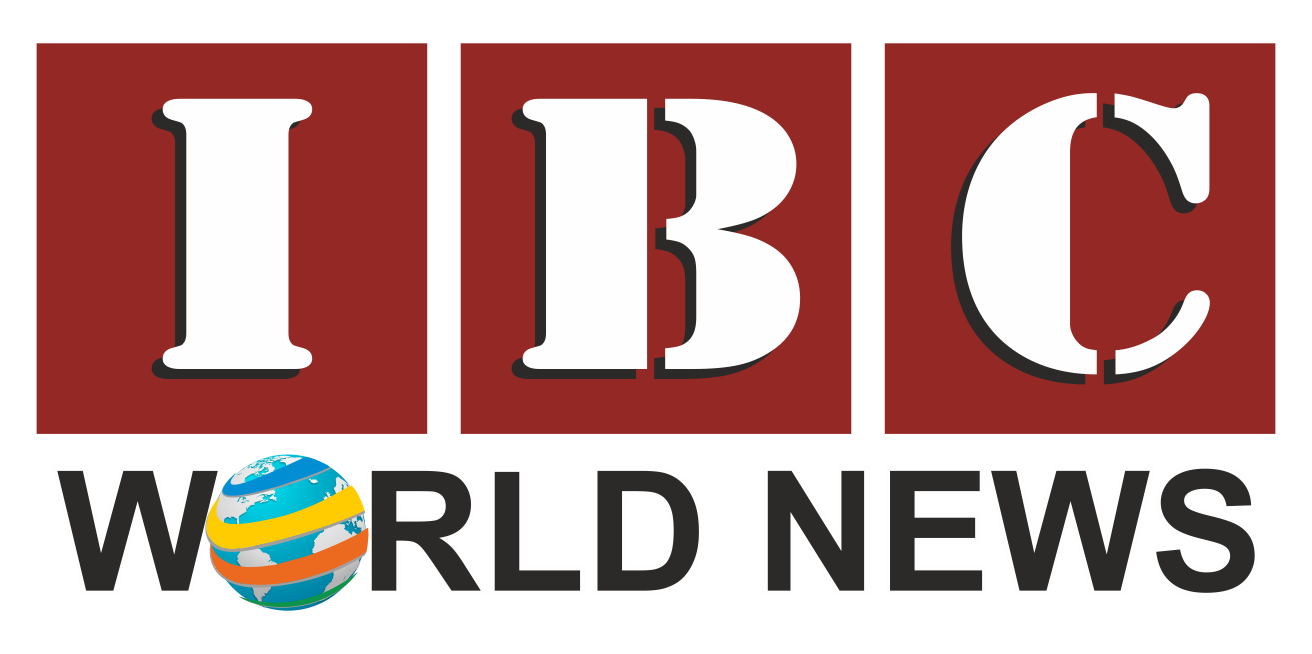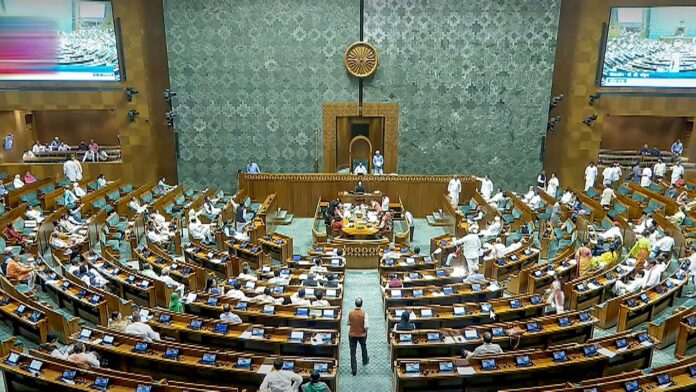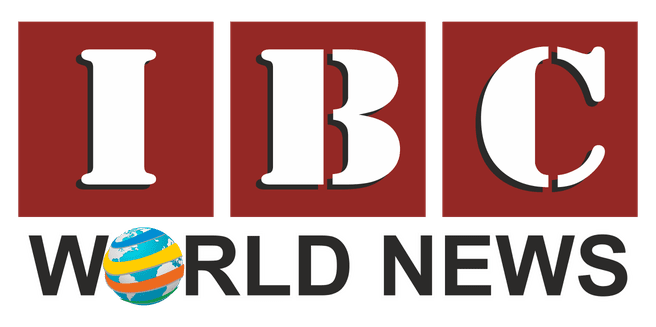One major project is setting up IIM Guwahati. Once approved, it will become the 22nd IIM to gain national importance status under the IIM Act, joining the existing 21 institutes
New Delhi
A bill seeking to include the Indian Institute of Management (IIM) Guwahati in the schedule of the Indian Institutes of Management Act, giving it the status of an institution of national importance, was introduced in the Lok Sabha on Monday.
Union Education Minister Dharmendra Pradhan presented the bill while the Opposition created a ruckus in the House over the Special Intensive Revision (SIR) of electoral rolls in Bihar. As per the draft, the proposal is linked to a Memorandum of Settlement (MoS) signed by the central government, the Assam government, and representatives of the United Liberation Front of Assam (ULFA). This agreement aims at the overall growth of the state, with several initiatives promised under a Special Development Package (SDP).
Among these projects, the establishment of an IIM in Guwahati has been identified as a key step. If approved, IIM Guwahati will join the list of 21 IIMs that already enjoy the status of institutions of national importance under the IIM Act.
The Assam government had earlier urged the Centre to set up an IIM in the state, highlighting its strategic location and the need for better educational infrastructure to support regional development. The bill also points out that Assam, despite having a population of over three crore, does not yet have an IIM.
By adding IIM Guwahati to the list, the government hopes to strengthen management education in the Northeast and provide a boost to the state’s economic and social progress. Officials believe that such an institution will attract talent, create more opportunities for students, and contribute to the long-term growth of Assam as well as the wider region.



